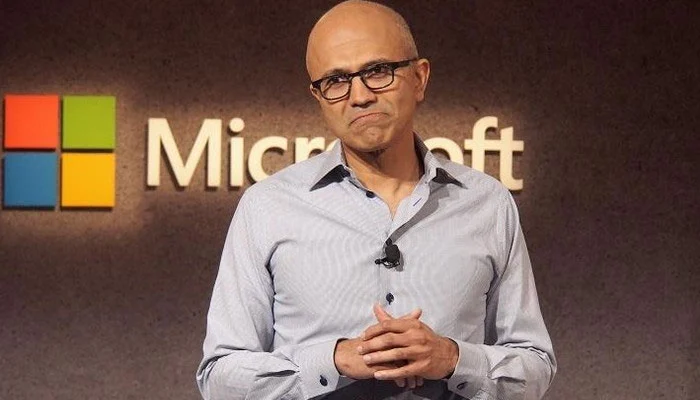 Web Desk
Web Desk

Microsoft has announced a significant partnership with OpenAI, integrating its search engine, Bing, as the default option within OpenAI’s ChatGPT chatbot.
This collaboration signifies another milestone for the two companies, both playing pivotal roles in the flourishing field of generative artificial intelligence.
Microsoft’s substantial investment in OpenAI has resulted in the utilization of OpenAI’s AI chatbot technology across various applications, including search, email, Word documents, Excel spreadsheets, and data analysis.
During Microsoft’s Build conference in Seattle, CEO Satya Nadella expressed excitement about the partnership, stating that it represents just the beginning of their plans to leverage Bing’s capabilities within the ChatGPT experience. In addition to financial investment, OpenAI relies on Microsoft’s Azure cloud for its computational needs. Together, the companies aim to challenge Google, which has been developing its own generative AI models and investing heavily in AI startups.
Also Read,
Pakistani IT firm acquires stake in Silicon Valley-based startup
As part of the integration, subscribers to the ChatGPT Plus service will have the option to enable a Bing search plugin, directly accessing a world-class search engine within the chat interface. This enhancement will provide more timely and up-to-date answers by drawing from the web. Yusuf Mehdi, Microsoft’s consumer marketing chief, highlighted the value of this integration, emphasizing that it will enrich ChatGPT’s responses with citations and the ability to explore further information.
The inclusion of Bing into ChatGPT aligns with Microsoft’s strategic objective of expanding the usage and market share of its search engine, which has faced tough competition from Google. Microsoft’s Chief Financial Officer, Amy Hood, explained earlier this year that each percentage point increase in search advertising share would generate an additional $2 billion in revenue for the company.
Critics have previously pointed out ChatGPT’s limitation in discussing recent events. OpenAI addressed this issue with the introduction of plugins in March. Notably, the Bing chatbot, powered by OpenAI’s technology, demonstrated the ability to provide answers based on current information. Various online services, including Expedia, Instacart, Shopify, and Slack, have already launched plugins, with more companies expressing interest in joining the waitlist.
Microsoft has also disclosed plans to allow developers to create plugins compatible with ChatGPT, Bing, and the upcoming Copilot chatbot for Microsoft 365 apps such as Word and Excel. This step opens up new possibilities for integrating diverse functionalities and expanding the capabilities of AI-powered chatbots.

